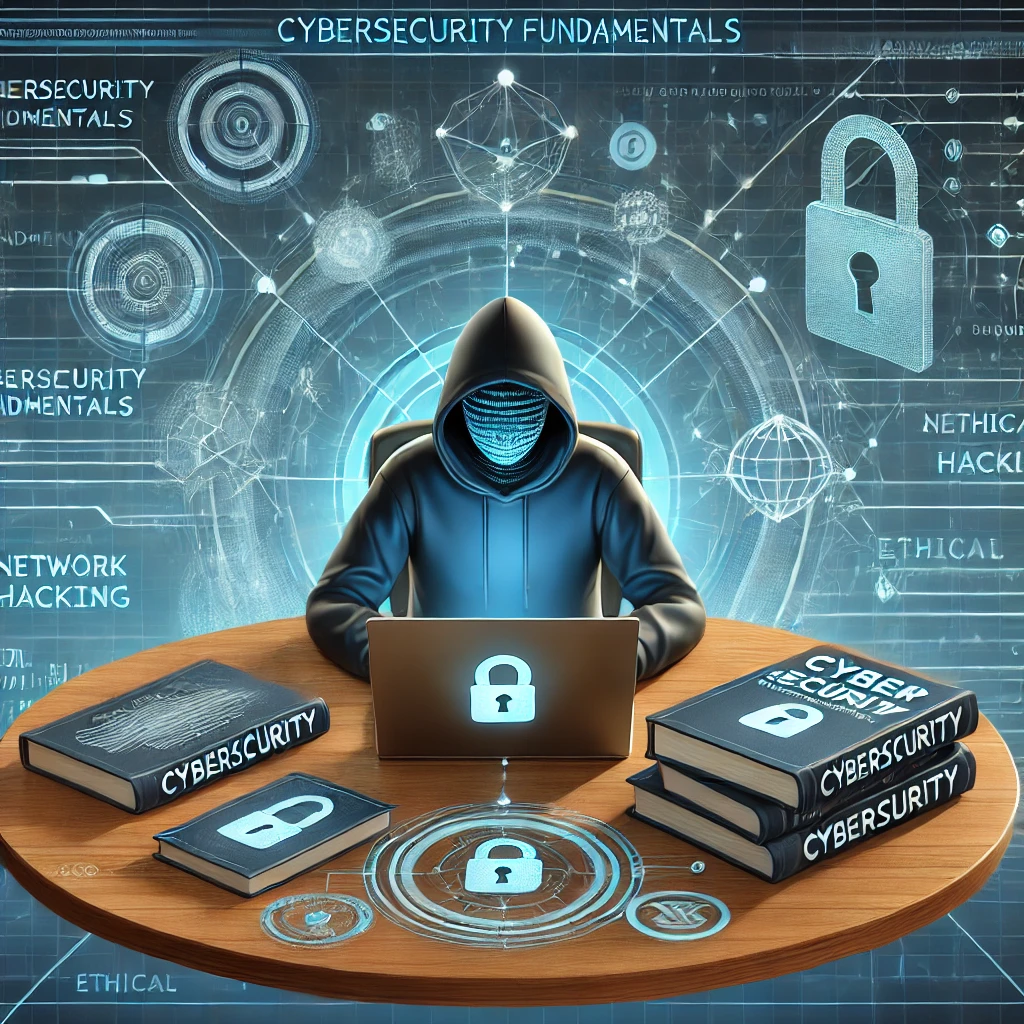CompTIA Security+ Labs offer numerous benefits for individuals looking to enhance their skills and knowledge in the field. Here are some key advantages:
- Practical Experience: Hands-on labs provide a practical, real-world environment for learners to apply theoretical knowledge. This practical experience is crucial for developing the skills needed in cybersecurity.
- Skill Development: Participants can develop and refine specific technical skills, such as penetration testing, vulnerability assessment, network monitoring, incident response, and more. These skills are highly valuable in the cybersecurity industry.
- Realistic Scenarios: Labs often simulate real-world scenarios and challenges, allowing learners to face situations they might encounter in actual cybersecurity roles. This helps them develop the ability to respond effectively to various threats.
- Active Learning: Hands-on labs promote active learning, engaging participants in the material and encouraging them to explore and experiment with different tools and techniques. This can lead to a deeper understanding of concepts compared to passive learning methods.
- Immediate Feedback: Participants can receive immediate feedback on their actions and decisions during the lab exercises. This instant feedback helps reinforce learning and allows individuals to correct mistakes in real time.
- Retention of Knowledge: Engaging in hands-on activities reinforces the retention of knowledge. Learners are more likely to remember and understand concepts when they have applied them in a practical setting.
- Team Collaboration: Many cybersecurity challenges require teamwork and collaboration. Hands-on labs provide an opportunity for participants to work together, fostering communication and collaboration skills that are essential in professional settings.
- Risk-Free Environment: Labs offer a controlled, risk-free environment where learners can experiment with different tools and techniques without the fear of causing harm to real systems. This allows for exploration and learning from mistakes in a safe setting.
- Access to Tools and Technologies: Labs often provide access to a variety of cybersecurity tools and technologies that participants may not have the opportunity to use in their day-to-day work. This exposure broadens their skill set and familiarity with different tools.
- Preparation for Certifications: Many cybersecurity certifications include hands-on components in their exams. Hands-on labs can help participants prepare for these certifications by allowing them to practice and refine the skills needed to pass practical exams.
In summary, hands-on labs in cybersecurity are a valuable educational tool that offers practical experience, skill development, and a realistic environment for learners to apply their knowledge. These labs contribute significantly to the overall learning experience in cybersecurity training programs.






